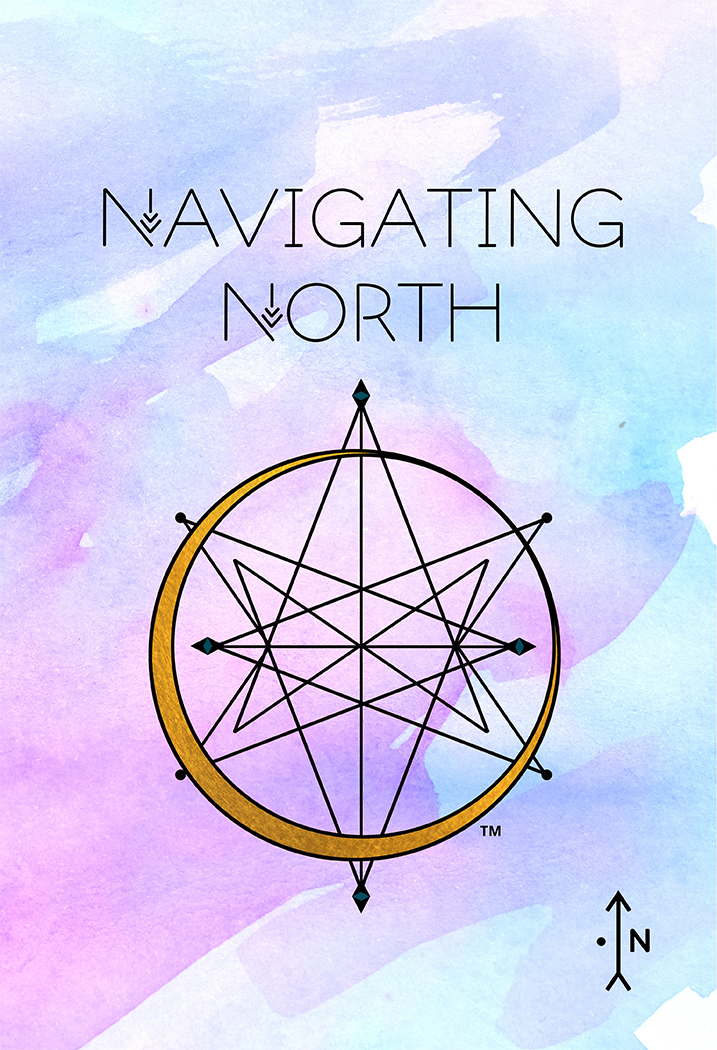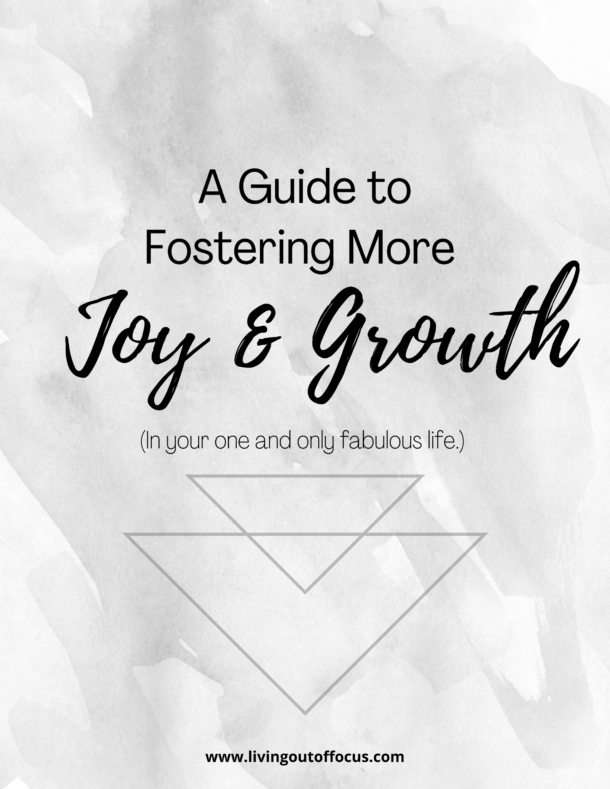
© 2024 Rachel L. Shumate | All rights reserved.
Could you use a pick-me-up…? If you just grumbled, heck yeah… You’re in the right place. So, let’s chat about happiness and ways we can boost our mood – but not in an eye-rolling, nerve grating, toxic positivity way. In fact, what if I told you that being super happy all the time is not realistic or even sustainable? (Probably not where you thought this was going, huh…?) Personally, I think that might take some of the pressure off. (See? I bet you’re less stressed about it already.)
So first, let’s acknowledge that happiness is talked about a lot these days, and everyone wants it. Of course, wanting to feel happy isn’t a bad goal to have, but there is a caveat… Don’t suppress your other emotions or shove them out of the way. Doing so will put you right on track for some crappy mental health. You need to “feel your feels” (feelings) and work through them, not blatantly ignore what’s going on in your head. (By the way, there’s no such thing as a bad emotion; however, bad behavior is a whole different story…) So, if you’re currently giving Eeyore (from Winnie the Pooh) a run for his money, you likely need to give yourself some time and space.
I think it’s also super important to understand that “happiness” is a very broad label that seems to get everyone hung up on a certain ideal. But here’s the thing, underneath the happy umbrella is: contentment, peacefulness, confidence, love, gratitude, boundaries, etc. It’s not all high energy, jump for joy, levels of excitement. It can also be quiet and reflective.
Now that we’ve established that we mere mortals feel a wide range of emotions, including various levels of happiness, how do we harness the latter? Below, are a few activities that are proven methods to boost your mood, provide stress relief, and even improve your physical wellbeing.
Mood Boosting Actions:
- Put down your phone and/or stay off social media. We love a good distraction, don’t we? In an effort to stay in the moment and curb the negativity pummeling our subconscious brains from marketing campaigns, the news, or others’ highlight reels, etc., try setting some personal boundaries regarding technology. Maybe even go phone-free for a day, or make a habit of only checking it for a certain amount time each morning/evening.
- Take a walk outside. It has been scientifically proven that walking outside (30 minutes is optimal) boosts your mental and physical health. Getting into nature and feeling the sunshine can be some of the best medicine, and is basically like a fabulous reset button for your whole body.
- Journal, or simply write on a random piece of paper. Getting your thoughts down on paper seriously does wonders for your brain. It’s no secret that scientists and mental health professionals agree wholeheartedly on this. It doesn’t have to be pretty, or make any sense, and you can even throw it away afterwards if you like. Check out these various journaling styles, or try the stream of consciousness technique to really take out the mind trash.
- Name at least five things you’re grateful for – on a daily basis. (They don’t have to be Earth-shattering; your morning cup of coffee totally counts.) Gratitude plays a HUGE role in how we view the world. A daily gratitude practice can even rewire your brain to think more positively by building stronger neuropathways. And fun fact, you can’t be anxious and grateful at the same time because your brain cannot experience anxiety and gratitude simultaneously.
- Either find (or rekindle your love for) a hobby. What is it that you love to do, so much so, that you lose track of time? Whatever that is, do it more. Hobbies are the adult form of playing, and they are so beneficial to our entire wellbeing. Also, I know there’s a lot of advice around turning your hobby into a side hustle, but just know that doing so often tends to zap the fun right out of it.
- Set a goal or find a purpose. We humans are keen on finding solutions to problems. And we especially love the sense of accomplishment when we have a purpose, or are working towards a goal. It can be a small goal or a monumental one. Just break it down into bite sized pieces (so as not to get overwhelmed) and get started.
- Be more social. This might come as a shock to introverts, but connecting with other people plays a key role in our overall happiness. We are social creatures and thus are genetically predisposed to thrive on community. So, perhaps make an extra effort to reach out to a friend or family member, whose company you enjoy, and catch up. Tip: try to avoid small talk and aim for deeper conversations.
- Clean your house, room, desk, etc. It’s said that a cluttered space reflects a cluttered mind. When we clean and organize our space, our brains are actually less stressed because we subconsciously aren’t distracted by the physical disorder of our surroundings. I can personally vouch for this, as I always have to clean the house before I can wholly concentrate on a big project. And if my house is messy, I get stressed out.
- Give a gift or an act of kindness. It’s not just a karma thing. Generosity can be just as helpful to the giver as the receiver. Don’t underestimate small acts of kindness. You don’t have to get big and extravagant either. It can be as simple as offering a compliment, spare change, your time and attention, a smile, a hug, etc. so long as it is done with love and intention. (For fun, Google “helper’s high” to see all the ways giving affects your brain.)
- Practice self-care (regularly!). Taking care of yourself is not selfish. It’s freaking necessary. Relaxing is, in fact, productive. Seriously! When we practice self-care, we come back rested, rejuvenated, and can be even more productive because of it. And frankly, life isn’t meant to be lived out at a breakneck speed. So, by all means… practice your favorite self-care rituals that melt away the stress, and do them often.
So, which one will you try first…? I hope that these tips and tricks are helpful in giving your brain and body a little TLC. Wishing you a happy day – in whatever way “happy” resonates with you!
PS: If you’re vibing with this article, you might enjoy my Navigating North Journal™, as it incorporates many of these principles and practices. Learn more here.
🙂







